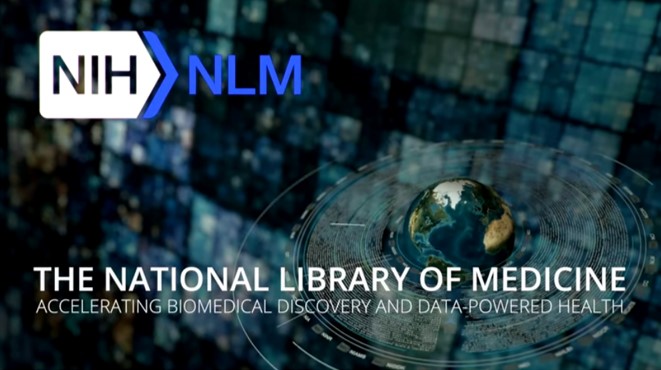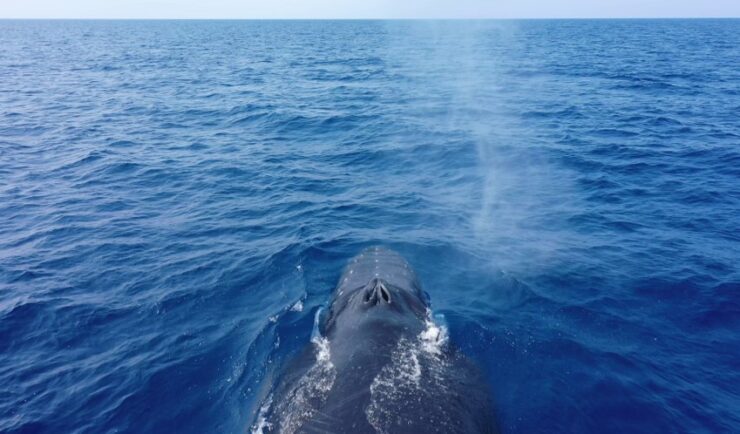- Community Spotlight
- Safety, Health, & Environmental Compliance
Special Act or Service Award

Congratulations to our team supporting the National Center for Biotechnology Information (NCBI), which is part of the U.S. National Library of Medicine! They received the 2021 National Library of Medicine Honor Awards – Special Act or Service Awards. The Office of Director and Office of Administration presented this award to our staff as part of the 5-member team that successfully merged two YouTube channels for the National Library of Medicine and the National Center for Biotechnology Information, enhancing the National Library of Medicine’s “one NLM” identity.
These awards are given by NLM to recognize short-term accomplishments, meritorious acts, service, scientific or other achievements accomplished within or outside assigned job responsibilities by individuals or groups.
Congratulations to the full team!
See More CSS Community Spotlight

Supporting Hurricane Preparedness and Response
June 1 marks the beginning of hurricane season, but CSS employee owners work throughout the year to help communities prepare for and respond to hurricanes year-round. Through several contracts, CSS helps clients develop tools and content and manage data to provide resources communities and decision-makers can use for hurricane preparedness and response. Explore a few…

Advancing Severe Weather Predictions with Artificial Intelligence
As artificial intelligence (AI) and machine learning (ML) technologies evolve in Earth sciences, CSS employee owners (formerly Riverside staff) are growing our expertise in this field. CSS employee owners are advancing technologies for our client, NOAA’s Center for Satellite Applications and Research (STAR). Our staff have developed a framework, exploiting modern AI/ML techniques, to rapidly…

Training Marine Mammal Programs to Use Drones to Collect Dolphin and Whale Respiratory Health Data
CSS employee owner and Marine Mammal Drone Specialist supports NOAA’s National Centers for Coastal Ocean Science (NCCOS) Marine Mammal Health Assessment team with collecting respiratory health data from marine mammals in local waterways. Using specialized drones equipped with petri dishes provides a non-invasive method to collect exhaled breath (i.e. blow) samples from dolphins and whales.…
